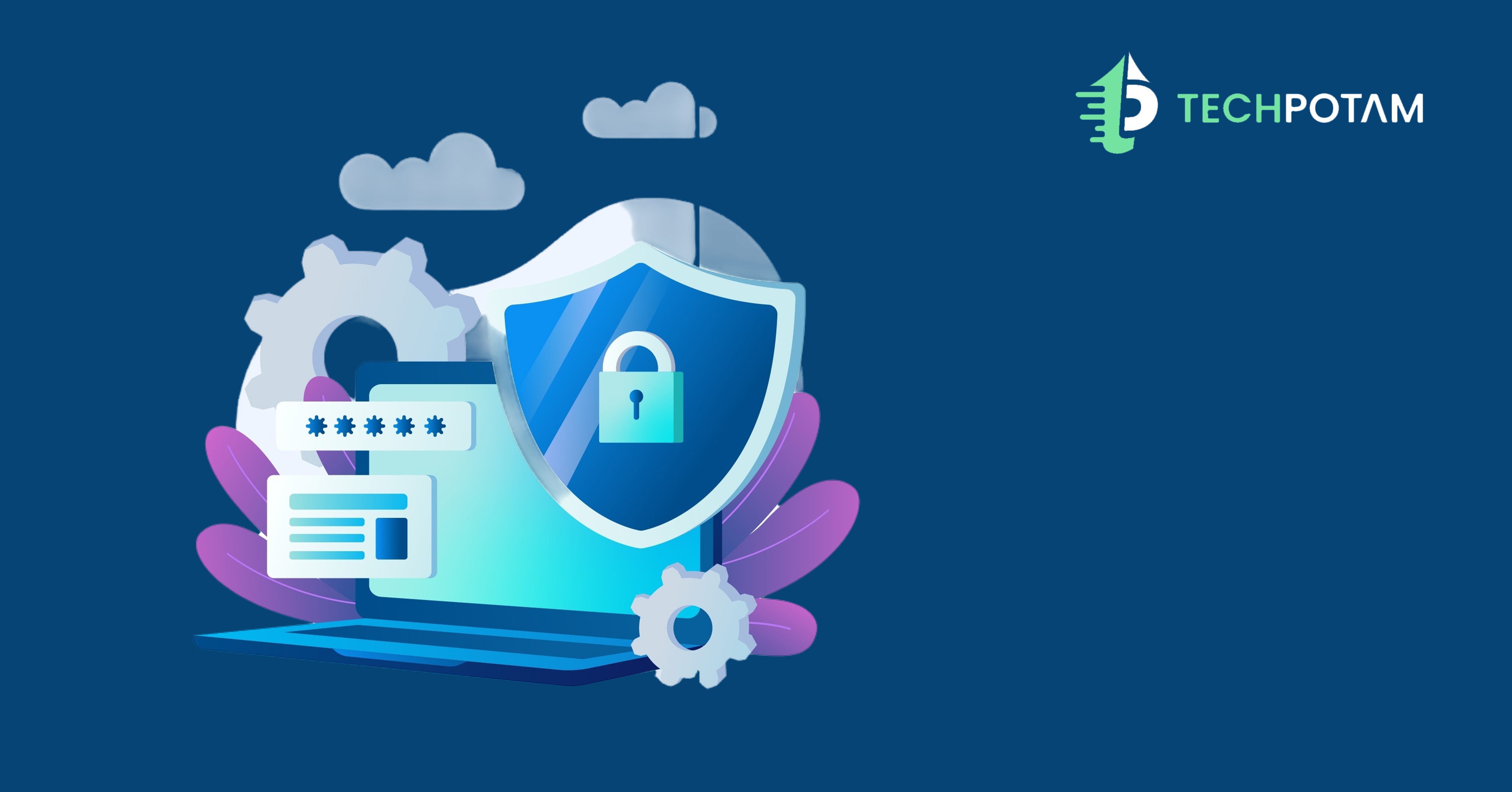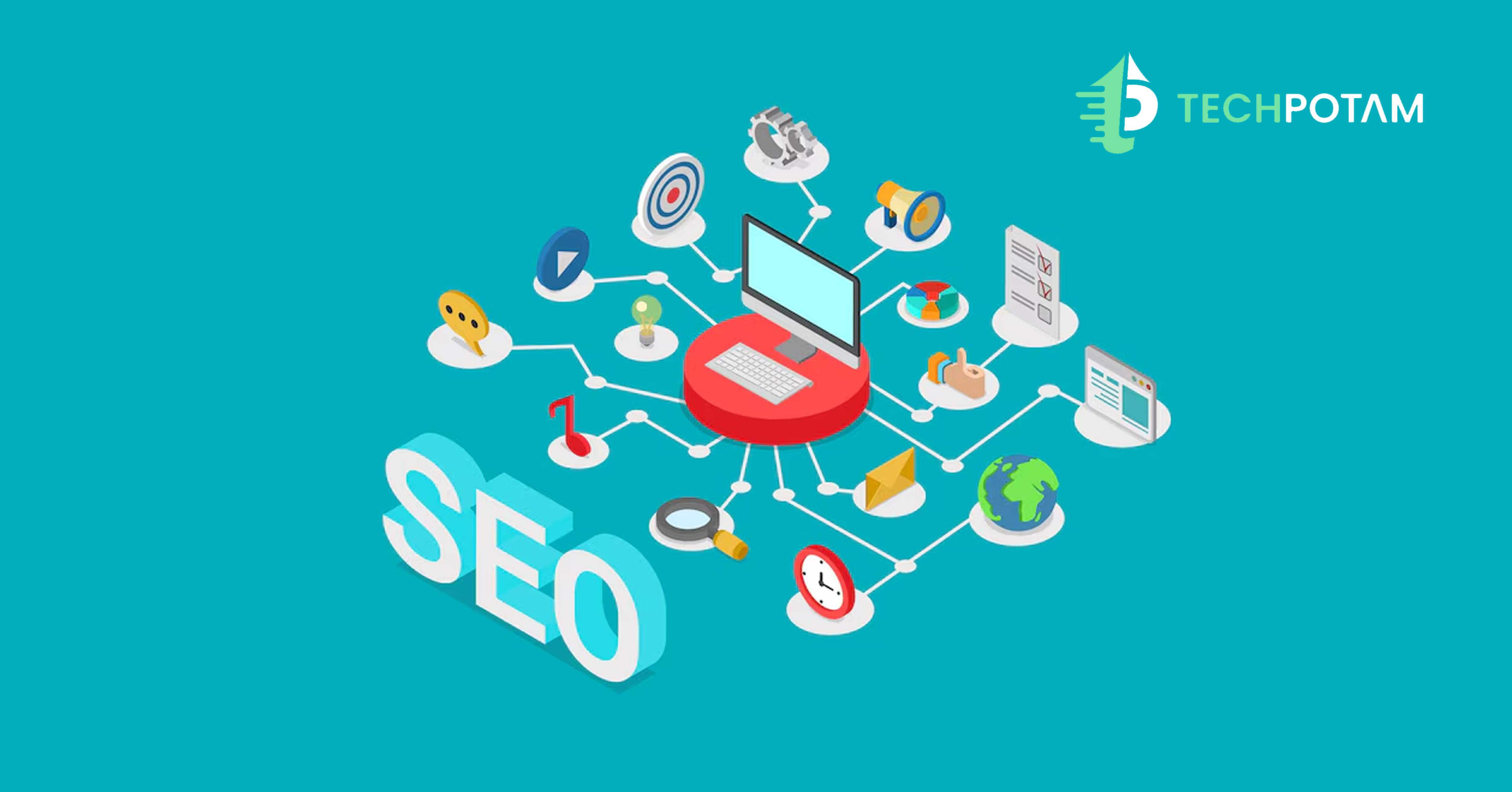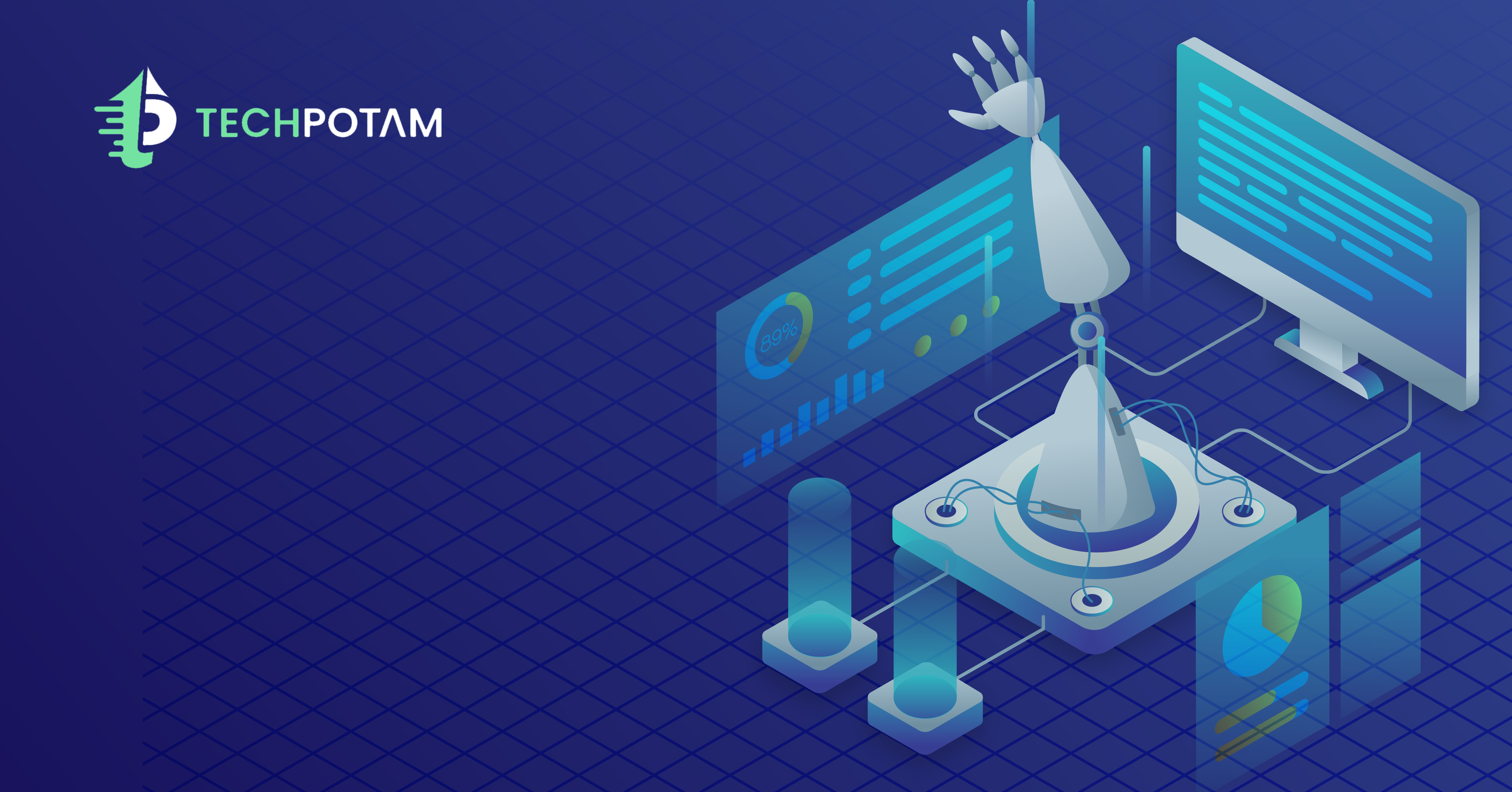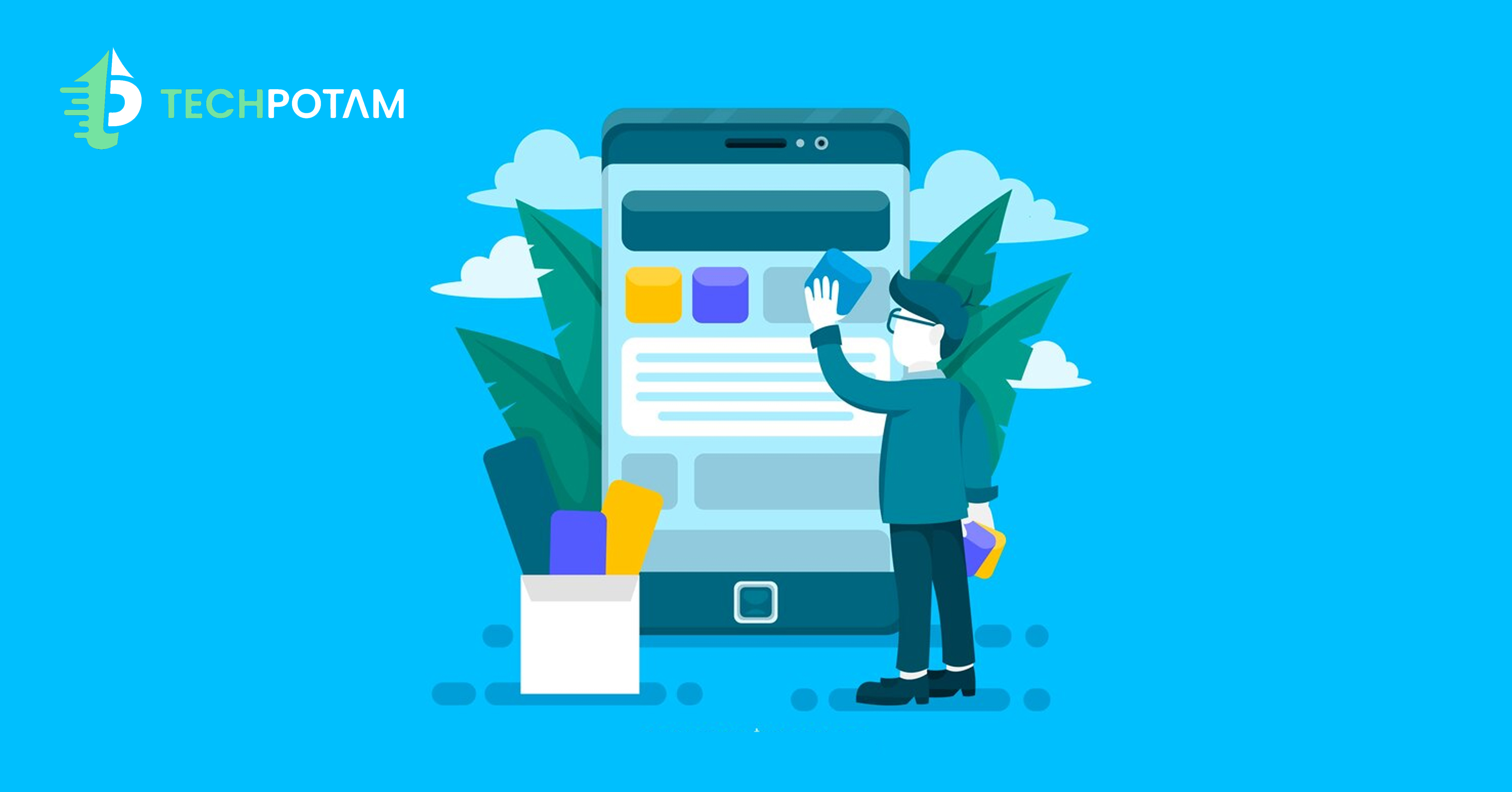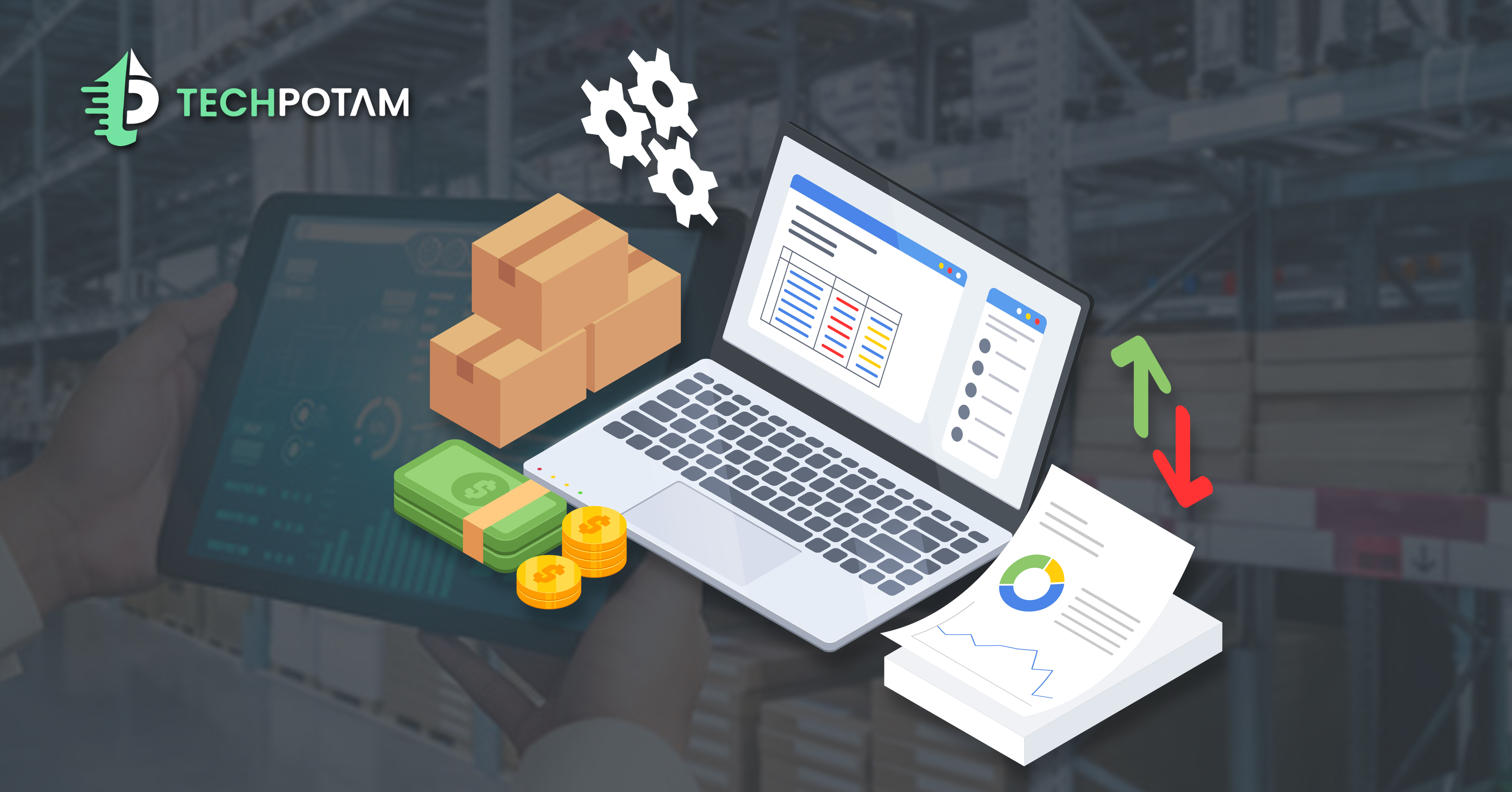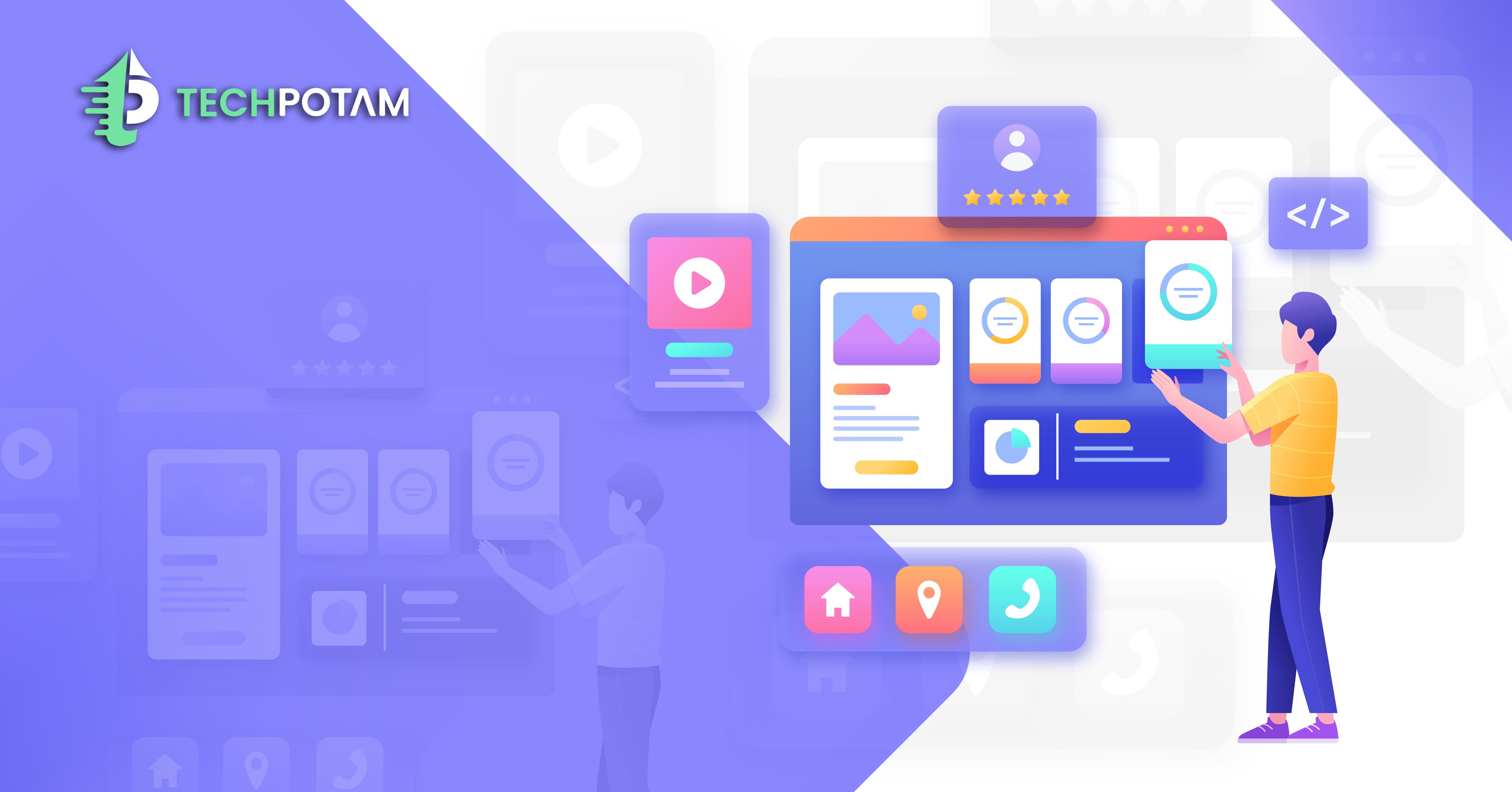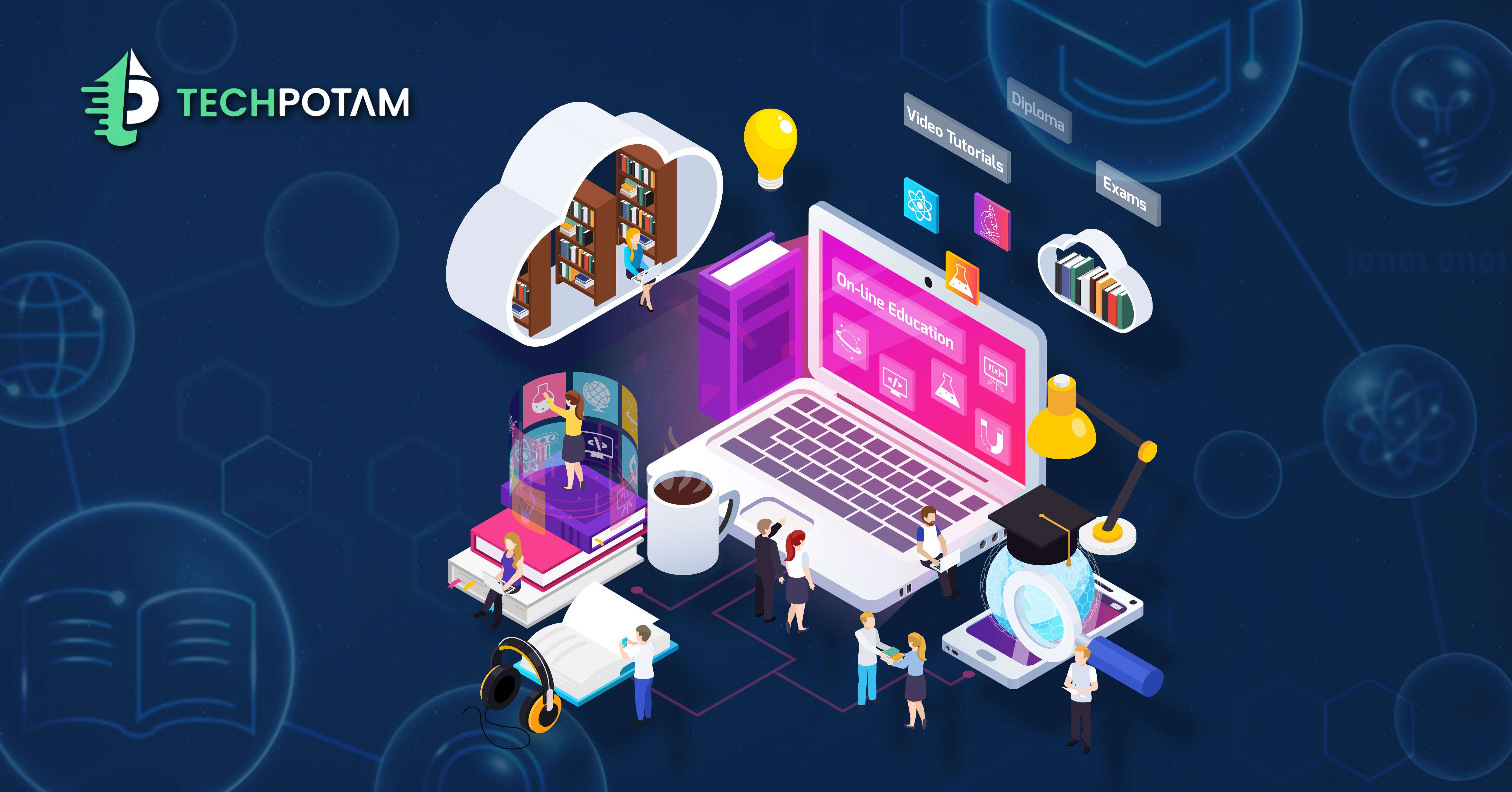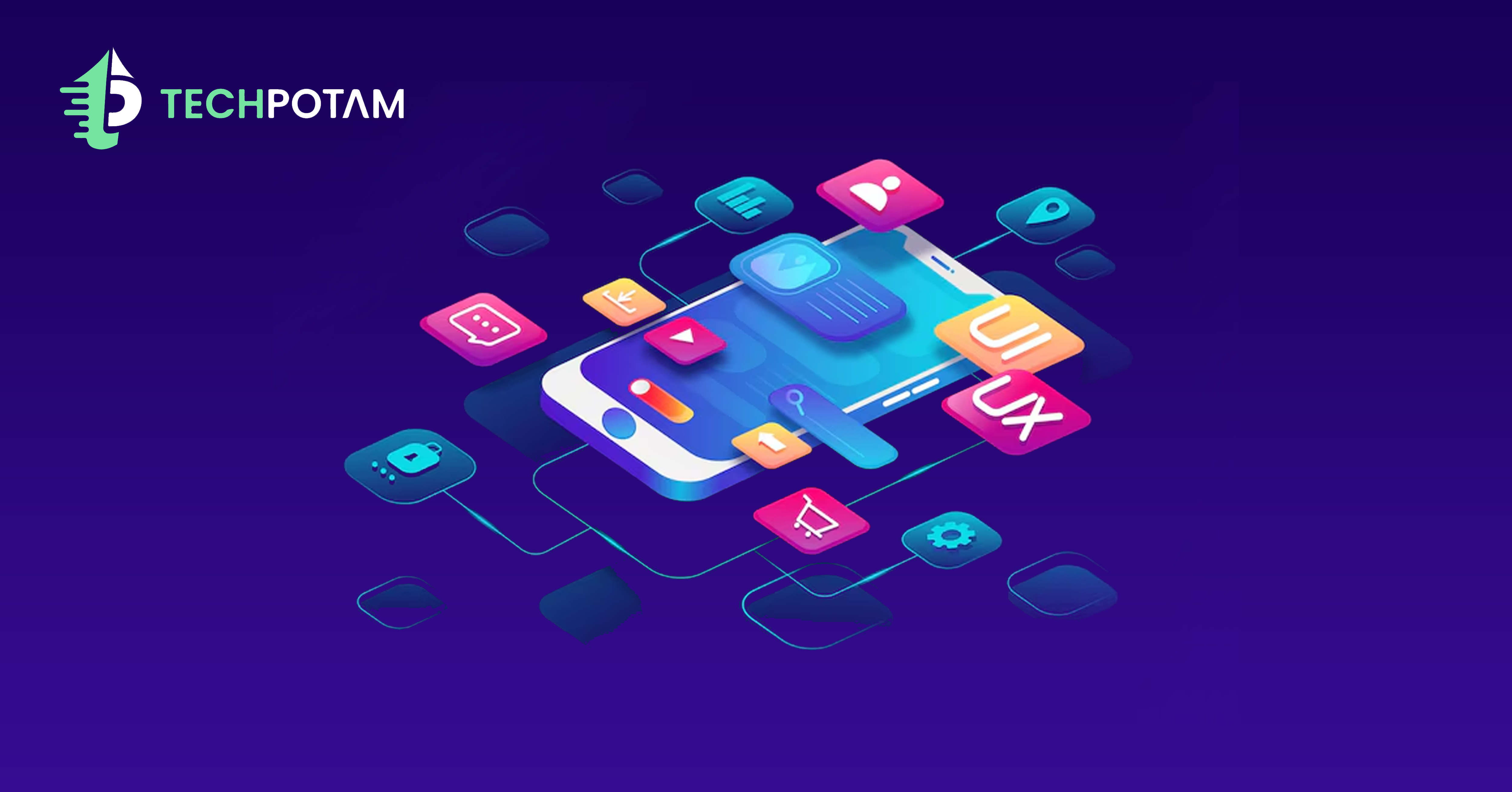Every day, the world of software development climbs to new heights, opening up new opportunities for businesses, startups, and entrepreneurs. The continuous adaption of the latest technologies is resulting in deployment of new software development trends.
The field of software development is continually changing as a result of new technology, external causes, and new social expectations. The software development market is now valued at $260.38 billion and is predicted to exceed $700 billion by 2026.
To do so, you must informed of the most recent software development trends in order to build your firm in this cutthroat environment. Creating an app while keeping current software development trends in mind can help you achieve your aim.
In this post, we will look at the top software development trends that will affect the market in 2024.
Top 10 Software Development Trends
1- Rise of Web 3.0
With its enormous potential to give a more polished and dynamic experience to consumers, Web3 is poised to transform the software development industry. Web3 gives people control over their data, which will be a huge trend in the next years.
It will benefit end users by removing intermediaries and powered by decentralization. Businesses will also see more interactive user experiences on social media sites. There will no data hacks since the platforms will no longer centralized.
2- Blockchain development
The days of blockchain technology identified solely with cryptocurrencies are over. Blockchain is quickly becoming one of the most important topics in the software business. Blockchain usage has increased dramatically in numerous industries, according to experts.
The issue is, this distributed, decentralized system gives a remarkable level of security and transparency for diverse transactions and may applied to a wide range of business sectors other than finance.
3- Integration of IoT-based applications
Connected gadgets will soon become an essential part of our daily lives. IoT has become the new normal, with more than 300 billion connected devices expected to be online by 2025.
This figure is expected to rise rapidly as the Internet of Things expands. Analysts believe that these efforts will help the company enhance its operational efficiency, customer experience, and profitability. The Internet of Things will have a significant influence on all businesses, particularly the industrial and automotive industries.
4- Increasing adoption of AI
According to IDC forecasts, the worldwide artificial intelligence (AI) industry would expand by more than 16% to $327.5 billion by 2021. They anticipate it will reach $500 billion by 2024.
AI and machine learning are employed in practically every business, and they are also in our homes, whether we recognize it or not. The technology reduces expenses by boosting efficiency and decreasing mistakes.
It also enables banks to give the hyper-personalization that clients expect in today’s society. Healthcare is another industry where AI software is expected to have the greatest influence in the coming years.
5- Infrastructure as Code (IaC)
With all of the clusters, microservices, containers, APIs, serverless operations, and interdependencies that developers must keep track of, modern application development environments are complex.
In such circumstances, DevOps professionals are always under pressure to maintain app stability and security. Simultaneously, developers must expedite code development and even quicker deployment.
That’s why DevOps teams are turning to IaC – a means of managing, automating, configuring, and driving continuous improvement on dynamic computing resources — with code.
Historically, businesses relied on a small number of highly experienced personnel who knew what their code relied on and how it was supplied, resulting in bottlenecks and dependencies. Such concerns are eliminated by the IaC practice.
6- DevOps is gaining traction.
DevOps is a software development and operations process that tries to integrate software development and operations. It’s about providing higher-quality code more quickly, which means less time spent on integration, infrastructure management, and deployment.
DevOps has become an increasingly significant skill for developers as it has grown in importance for firms seeking to compete in today’s digital environment.
Furthermore, the DevOps trend will skyrocket since it allows product managers to swiftly provide their products at a lower cost, higher quality, and greater dependability. The ability to shut feedback loops more rapidly implies you can discover and address errors before they become major concerns.
7- Progressive Web Apps (PWAs) for Quality Experience
Smartphone consumers expect their app experiences to be speedy and dependable, yet they often avoid downloading applications because they take up too much space.
In fact, Google discovered that half of smartphone users prefer to utilize a brand’s mobile site over downloading an app.
Many businesses are turning to progressive web applications (PWAs) for help. These provide the optimal blend of traditional website technology and the convenience of an app.
PWAs, like websites, are built with HTML, CSS, and JavaScript, but they lack the browser interface and boundaries. PWAs, unlike native apps, do not require users to download them. They just add them on their home screens.
8- The increasing need for cybersecurity
Cybersecurity is the fastest-growing topic in the software development business, and the demand will only increase as our reliance on technology grows. Furthermore, as additional gadgets (such as wearables) are developed, there is a larger demand for cyber threat security.
Biometrics is one method that corporations might use to do this. Another method is to invest in vulnerability assessment and penetration testing tools, which allow them to determine how safe their system is against outside threats. It’s also critical to keep fixes up to date so that they don’t become susceptible and hackers may exploit these issues.
9- Low-code/No-code development
Low-code/no-code (LCNC) development is a novel technique to producing software solutions that is simplifying software engineering.
Through graphical user interfaces and setup, LCNC systems let almost anybody to write software without traditional coding. Such programming environments have enormous promise because they enable people with weak or no software development abilities to turn their ideas into digital solutions.
While many developers are dubious of the low-code development technique, it offers a number of advantages, including less manual effort, time and money savings when developing software solutions, and a lower barrier to entry into software development.
10- Cloud automation
The obvious trend is that software development firms will employ cloud-native solutions more actively for app development, team management, and communication. These are software and services that are hosted on public, private, or hybrid clouds. They are infrastructure-independent and may operate on various servers, making them suitable for use by any firm.
Cloud-native software solutions, built on containers and microservices, allow flexibility and scalability while increasing the efficiency of software development teams.
It should highlighted that the need to support remote work has increased demand for cloud services and technologies. Companies have had to put in place the necessary infrastructure and help employees create a work environment at their home offices.
Collaborate with the most talented dedicated developers for web & mobile app
| Website design & development Company in USA | Hire Dedicated Developers |
| Hire Node JS Developers | Hire Mean Stack Developers |
| Hire Dedicated Mern Stack Developers | Hire dedicated Software Developers |
How Techpotam Can Help?
Software development is an ever-changing profession. While new tools and technology emerge, Artificial intelligence, augmented reality, blockchain, and IoT will lead the parade of software solutions in 2024. Businesses must stay up with the newest trends and adopt new technology into their operations in order to remain competitive in this digitalized environment.
Techpotam is a global software supplier with over three decades of hands-on expertise in a variety of fields. We provide unique software solutions for SMBs and major enterprises all around the world. eCommerce, IoT and embedded, online, cloud, mobile app development, DevOps, and QA services are among our major specialties.
Techpotam has established in various other countries, offering business-oriented solutions. You can find us as

